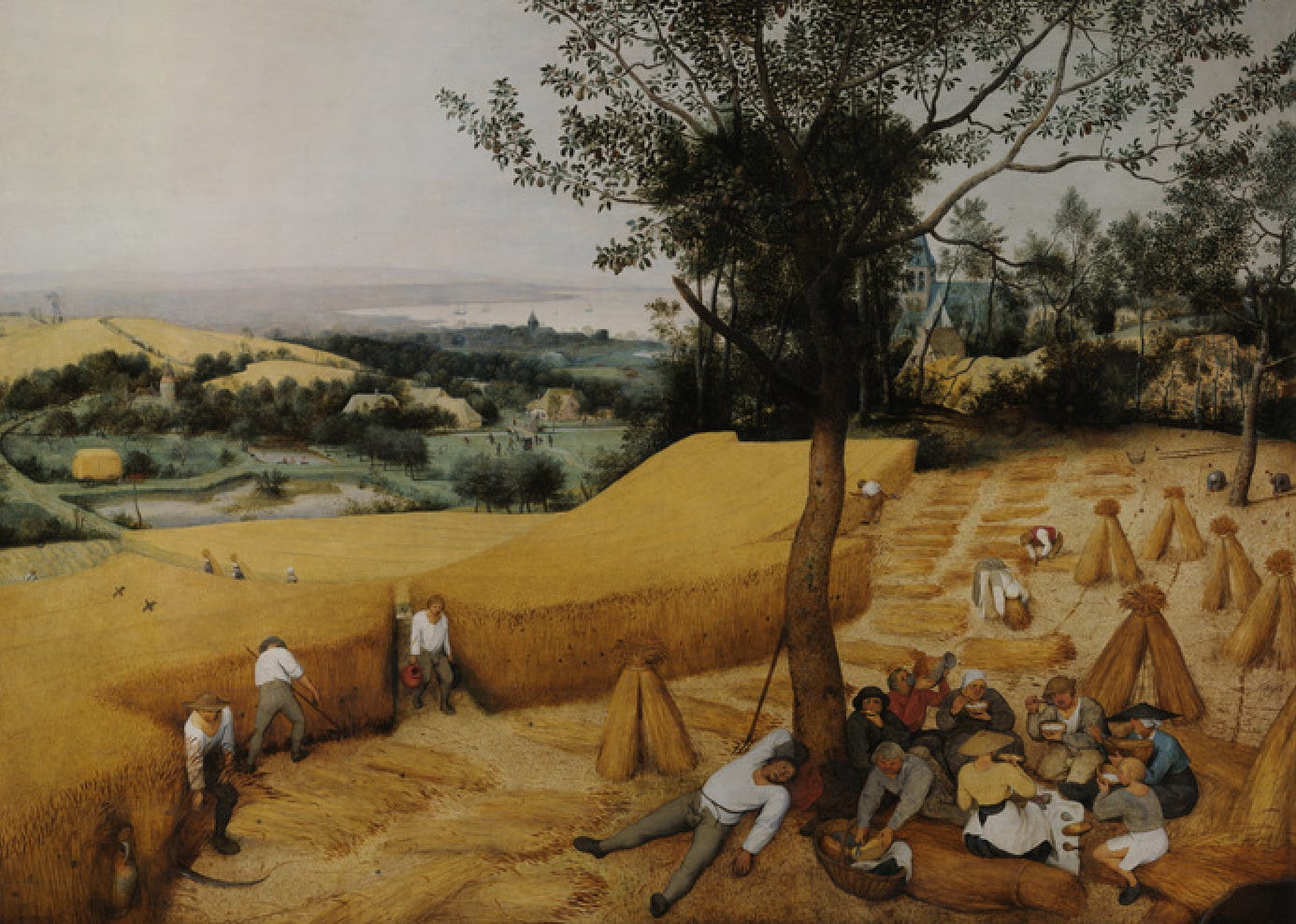In his book Conservatism: A Rediscovery Yoram Hazony points to the naivety of Reagan-era conservatism’s emphasis on “the power of ideas.” The notion that If people only read (insert classic text(s)) society would be peaceful, just, and prosperous.
“…if you could just dust off the old volumes of Aristotle or Cicero…that would do the trick.” But…conservatism isn’t something you can find in a book or in a whole library of books, whether old or new. The transmission of ideas, behaviors, and institutions from one generation to the next is a skill, and like all skills, it can only be learned by practices…it only flourishes when people actually live it.”
In his admonition, Hazony is partly right. Conservatives may write and talk endlessly about the importance of civic education, family values, and “mediating institutions,” but if habits of virtue aren’t taught within one’s own family, then of what use is Nicomachean Ethics? Hazony concludes with a biographical sketch of his journey from conservative Princeton undergrad in the 1980s where he met his wife, their commitment to orthodox Judaism, and decision to move to Israel to raise their family.
His gratitude for the many blessings of marriage and family are offered as an encouragement to others: to light a path out of the dead ends of the cultural revolution.
Yet ideas still matter. Ideas transformed into political ideologies and movements (and in the hands of the charismatic or megalomaniacal) can turn politics into religion, as the 20th century’s experience with fascism and totalitarianism demonstrates.
Our current political debates mask something much deeper than policy disputes over price controls, tax rates, and tariffs. They are proxy battles in a war over competing visions and metaphysical beliefs: what does it mean to be human? Kitchen table issues have all of the intensity of culture issues because “We no longer know what a human is.” We expect our politics to deliver with creedal certitude the meaning of our lives. Kitchen table needs are now bound up with transcendent ends.
Matthew Burdette writes:
“…our politics has taken on the role of determining what it ought to look like for us to transcend animal needs: rather than arising from culture, our political life has become about forging culture. But that means our political life has come to be about fundamental metaphysical claims about the human being and what separates the human from the animals.”
Is it the loss of religious belief or the loss of reason? Have we finally amused ourselves to death?
Pope Benedict XVI (Joseph Ratzinger) in his long career as a theologian proposed a third answer: we are in crisis because we no longer understand what reason is. The West has forgotten the origins of its civilization and its greatest contribution: the recognition of human dignity in human rights. This would not have been possible without the gifts of the three cities: Athens, Jerusalem, and Rome, and the mutual enrichment of faith and reason.
A renewed dialogue between faith and reason begins with recovering a definition of nature that includes metaphysical nature which operates according to rational principles discoverable by reason. Without this metaphysical dimension we operate with a limited view of reason, nature, and the human being. This loss ends up expressing itself in other ways.
The hybridization of science and spirituality among some environmentalists and in the field of AI are attempts to find transcendent meaning in the laws of nature absent a true anthropology of the human being as body and mind, and soul. We are reduced to particles and algorithms: compost and substrate-independent intelligences.
With an understanding of nature as possessing inherent rationality it is possible to develop a true ecology of man. As James Cleary writes, we can determine whether certain acts are “inhumane” and develop laws and human rights not as a matter of fleeting majority opinion but because they are rooted in a reason, accessible to all.
In his encyclical Caritas in Veritate, Benedict warns about the two extremes that prevent such a dialogue:
“The exclusion of religion from the public square — and, at the other extreme, religious fundamentalism — hinders an encounter between persons and their collaboration for the progress of humanity. Public life is sapped of its motivation and politics takes on a domineering and aggressive character. Human rights risk being ignored either because they are robbed of their transcendent foundation or because personal freedom is not acknowledged. Secularism and fundamentalism exclude the possibility of fruitful dialogue and effective cooperation between reason and religious faith. Reason always stands in need of being purified by faith: this also holds true for political reason, which must not consider itself omnipotent. For its part, religion always needs to be purified by reason in order to show its authentically human face. Any breach in this dialogue comes only at an enormous price to human development.” (Benedict XVI, Caritas in Veritate (2009), 56)
Fostering public dialogue between faith and reason takes courage in the face of a radical secularism that cannot tolerate any rational scrutiny of its own doctrinal orthodoxies. Interestingly, Benedict notes that the ecological movement in Germany can be seen as a secular attempt to correct our relationship to reality. We are not self-creating but are part of creation: bound by nature’s laws with a responsibility to care for the earth.
Reclaiming the public square as a place where we “reason together,” will decide if we can keep our rights and freedoms: the hard won fruits of the synthesis of the gifts of Athens, Jerusalem, and Rome.





